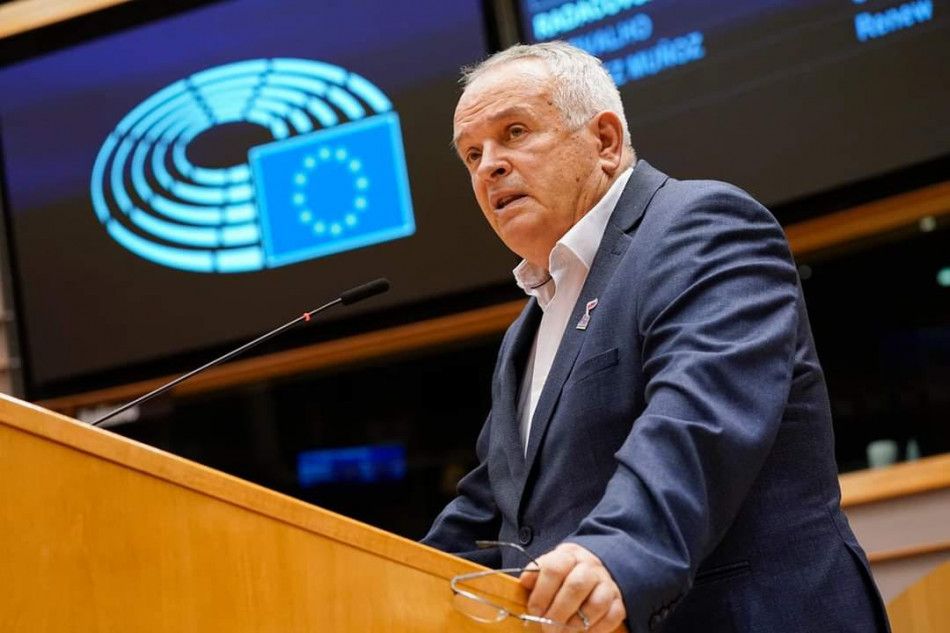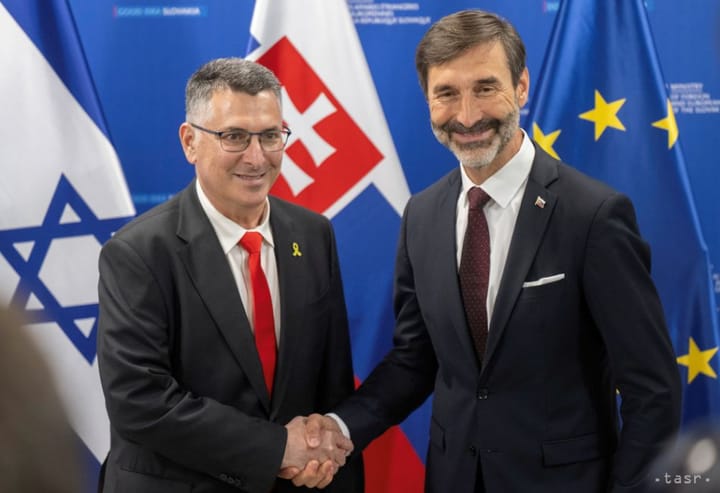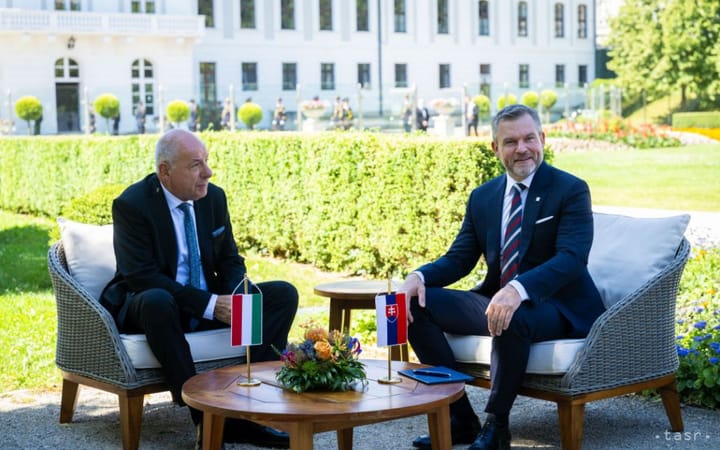Radacovsky: CoFoE Failed to Take Form of Direct Democracy, Only Few Participated

Bratislava, May 23 (TASR) – The Conference on the Future of Europe (CoFoE) should have taken the form of direct democracy, but too few people joined in – only 700,000, while the European Union has a population of 450 million, Slovak MEP Miroslav Radacovsky (Slovak Patriot) has told TASR in an interview.
“The turnout wasn’t high enough to be decisive in assessing some issues,” he said.
According to him, the primary goal of the event was to achieve deeper political integration by abolishing the need for unanimity in the EU Council. “A European Parliament resolution states that, following the outcome of the conference, the treaty revision procedure stipulated in Article 48 of the Treaty on the European Union is to be activated, calling on the Committee on Constitutional Affairs to initiate the necessary procedure in this regard. There’s a need to consider that national states, such as Bulgaria, Croatia, the Czech Republic, Denmark, Estonia, Finland, Latvia, Lithuania, Malta, Poland, Romania, Slovenia and Sweden have taken a negative stance on such a procedure,” he said. According to these countries, the EU doesn’t have a mandate for it, as it would diverge from the founding treaties and would violate the principles of proportionality and subsidiarity, added Radacovsky.
“The goal of the Conference lagged behind the result in this respect. To put it simply, with the opening of Article 48 and the potential scrapping of [the need for] unanimity in the EU Council, the EU would rather distance itself from citizens,” stated Radacovsky.
However, the CoFoE brought positives as well, stated the Slovak MEP, pointing to the fact that mainly youth who want to be in the EU took part.
Citizens of EU countries had an opportunity to comment on the Union’s functioning and propose changes as of May 2021. The CoFoE Plenary eventually adopted 49 proposals covering more than 300 measures in nine broad thematic areas this April. The European Parliament, governments of member states and the European Commission are now dealing with the proposals.



